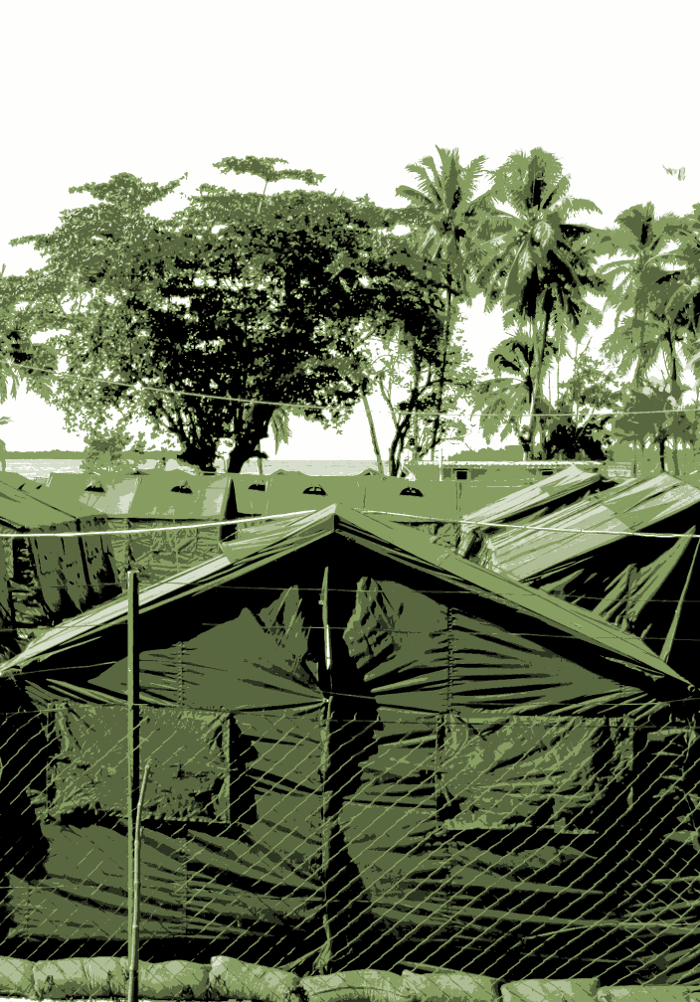Big deal for Manus mistreatment
 The Australian Government will pay $70 million in compensation to 1,300 former and current detainees on Manus Island.
The Australian Government will pay $70 million in compensation to 1,300 former and current detainees on Manus Island.
Victoria’s Supreme Court has approved the largest human rights settlement in Australian legal history, after an agreement was reached out of court before a trial against the Commonwealth and security companies Transfield and G4S.
The group of asylum seekers and refugees alleged negligence in how the Government housed and protected them, saying it breached its duty of care by keeping them in conditions that did not meet Australian standards.
Justice Cameron Macauley said lawyers would allocate money to reflect each applicant's personal circumstances.
“I am comfortably satisfied that the amount of $70 million amongst participants is a fair and reasonable sum,” Justice Macauley said.
“This is reached with a strong degree of conviction.”
Lawyers for the case, Slater and Gordon, said the detainees should get their money before the planned closure of the Manus Island centre by the end of October.
“These people came here seeking refuge and protection, this was denied by successive Commonwealth governments. Today, they achieved a medium of justice,” lawyer Rory Walsh said outside court.
“[We wanted] to put an end to this fiction the Commonwealth seeks to maintain for political purposes that it's PNG [that] holds these people, that PNG has the duty of care for these people.
“The Commonwealth settled this case and paid $70 million not to have that fiction tested in court.”
Fifty-six of the 1,383 detainees registered to be part of the class action opted out of payment.
One of those who opted out was Iranian refugee Amir Taghinia – who is among the 800 still detained on the island.
He told reporters the money would not help him.
“Getting that money is not the issue. It is not the matter of the amount of money, it is not a matter of the lesser of two evils or something better than nothing,” he said.
“We are still in the same situation, we are still suffering from the same conditions, under the cruel regime of the defendant, and the case is finished, the case says; ‘Yeah, that's it, it is already settled’.
“It is absolutely not in favour of any of the detainees in here, but it is in favour of the law firm and the defendant.”
Lawyer Andrew Baker said most of the detainees were happy with the outcome.
“It's rare in any class action to have a completely uniform response across the entire group,” he said.
“So if people are feeling like a better outcome would have been something else, or feel like something different should have occurred, we certainly respect that.”
Mr Baker rejected the claims that the law firm pursued the case for self-promotion.








 Print
Print